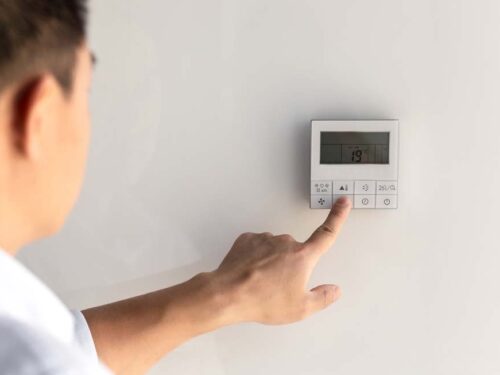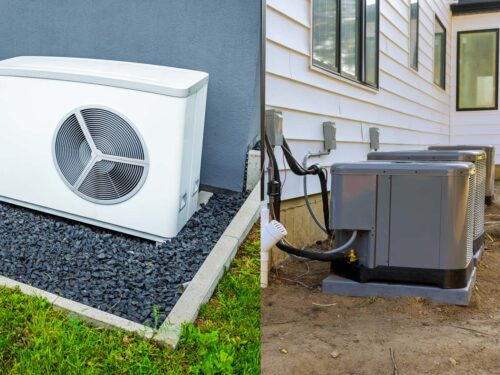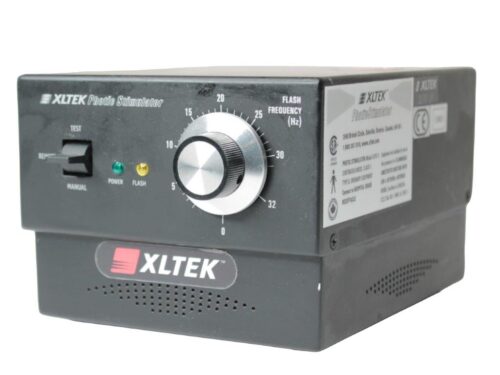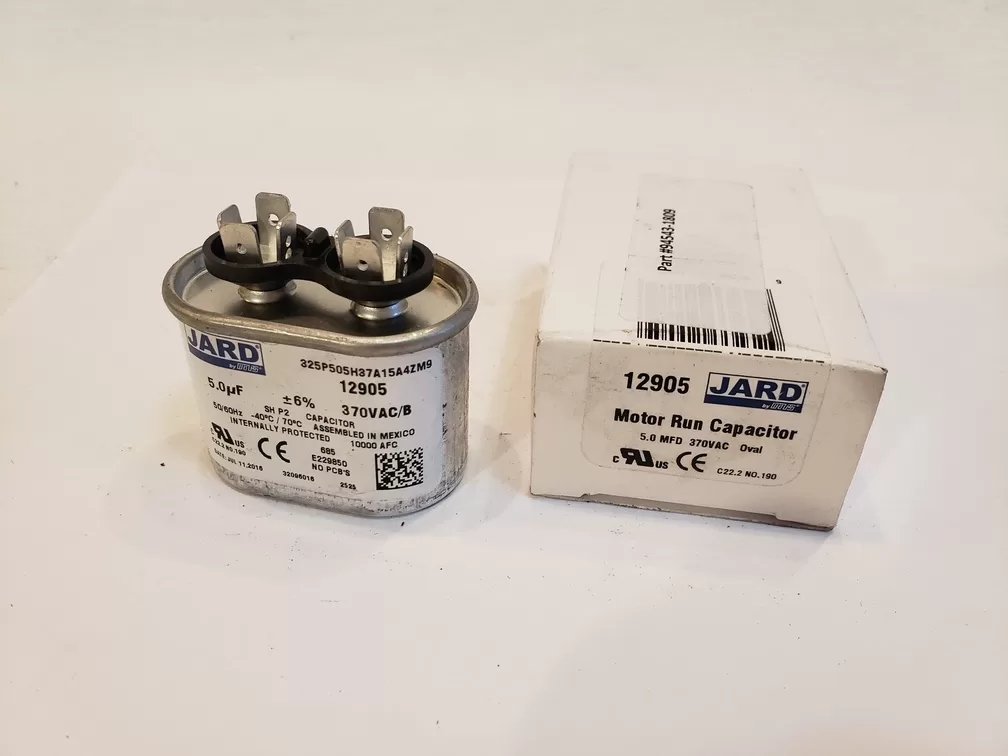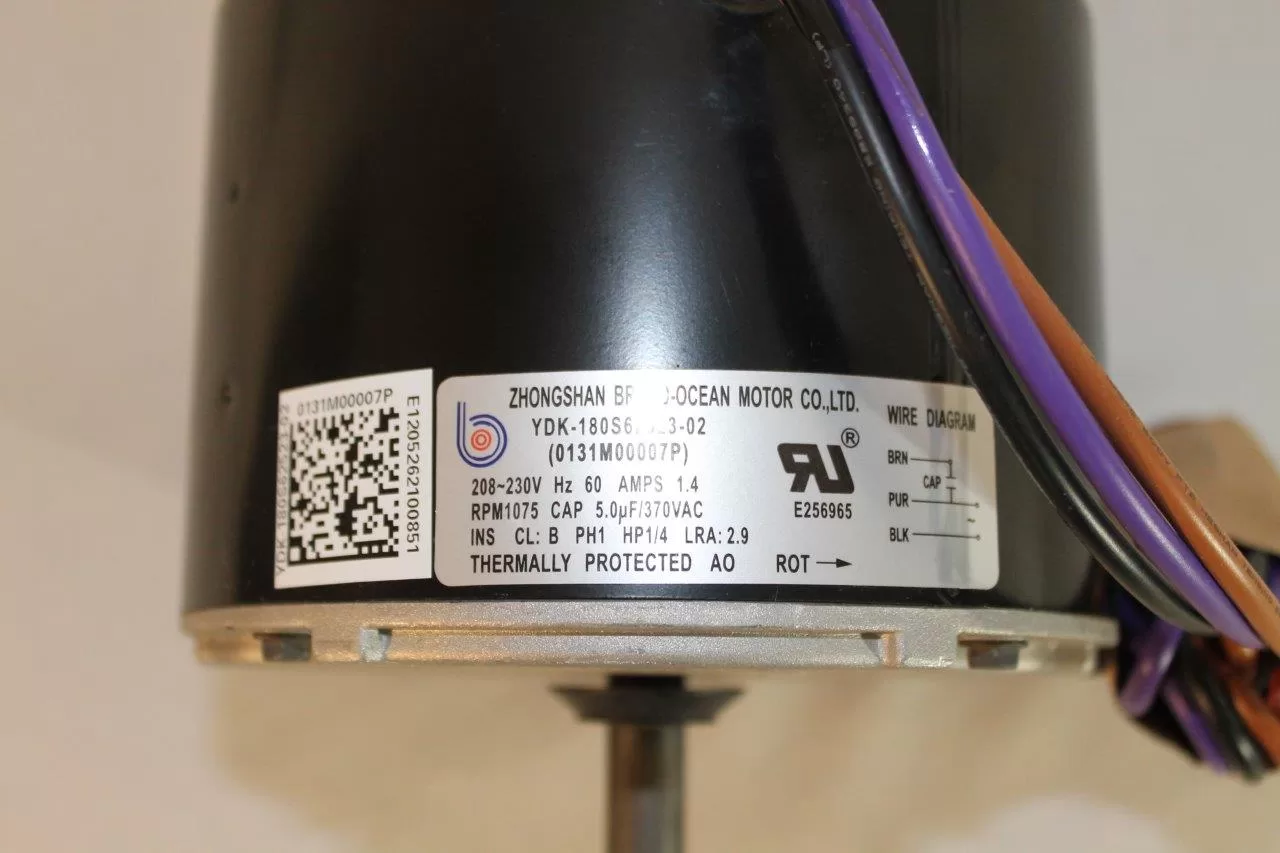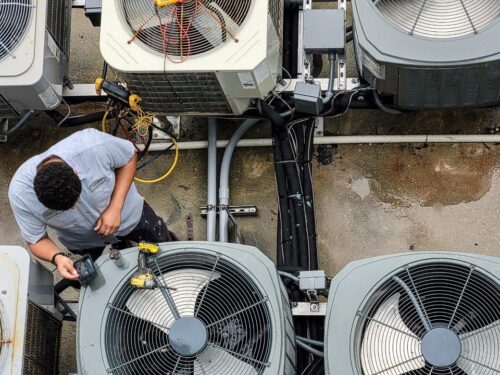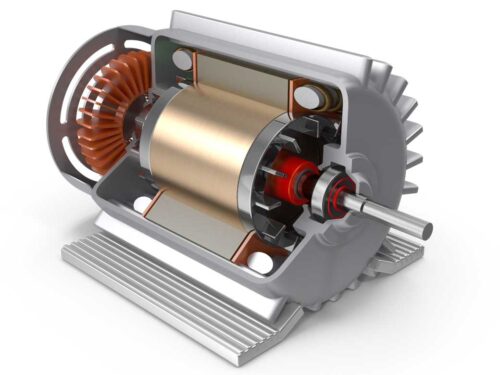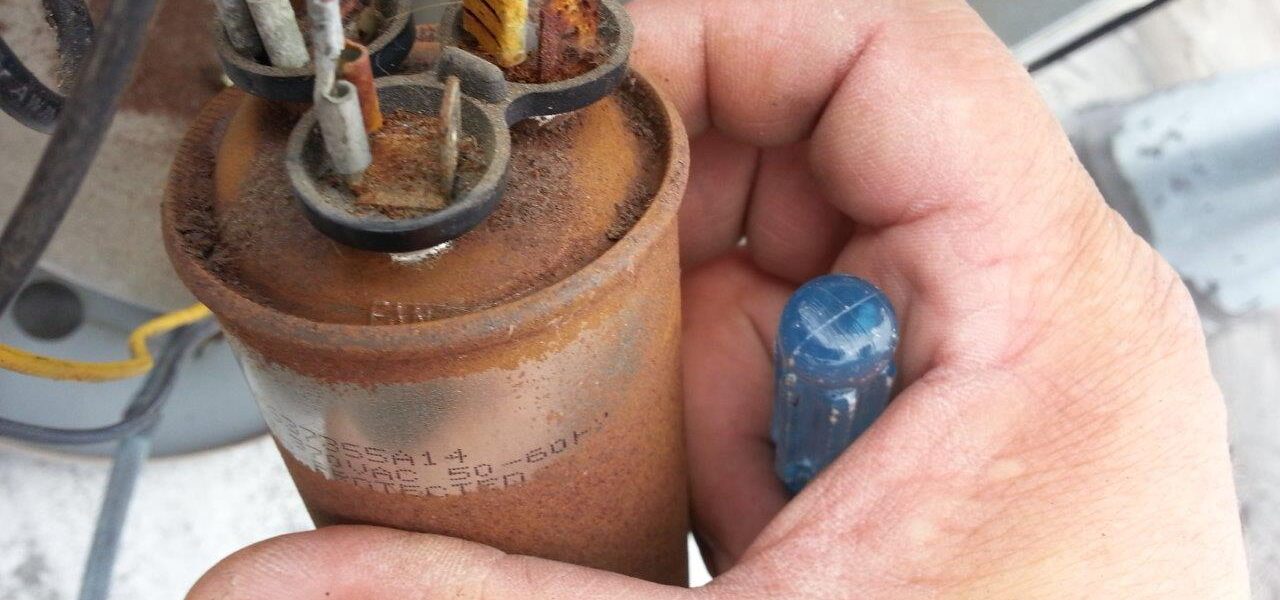
Introduction
Having explored the theoretical aspects of why motors use capacitors, their differences, and the implications of their conditions, let’s shift gears into the practical realm. This part will guide you through the hands-on aspects of capacitor implementation in motors, the tell-tale signs of capacitor failure, replacement procedures, and the repercussions of using mismatched capacitors.
Practical Implementation and Areas of Utilization
- Identifying Capacitor Needs: Most single-phase AC motors require a capacitor at some point in their operation, whether for starting, running, or both. The need is determined by the motor’s design and its application, whether in HVAC systems, appliances, or industrial machinery.
- Capacitor Replacement: Replacing a motor capacitor is a common maintenance task, especially in HVAC systems where capacitors frequently face heavy loads. The replacement process typically involves:
- Disconnecting power to the motor.
- Discharging the capacitor to prevent any electrical shock.
- Verifying the capacitor’s specifications and replacing it with one of the same rating.
- Signs of Capacitor Failure: Key indicators include a humming motor that won’t start, motors that run hotter than usual, or motors that shut off unexpectedly. In HVAC systems, a common sign is the air conditioner’s inability to cool effectively.
Benefits of Timely Capacitor Replacement
- Efficiency: A well-functioning capacitor helps maintain the motor’s efficiency, reducing energy consumption and costs.
- Motor Protection: By ensuring smooth startup and operation, capacitors reduce wear on the motor, extending its lifespan.
- Reliability: Regular capacitor checks and replacements can prevent unexpected motor failures, especially critical in commercial or industrial settings.
The Dangers of Incorrect Capacitor Sizes
- Underpowered Capacitor: Using a capacitor with a lower-than-required capacitance can lead to insufficient torque to start the motor, increased power consumption, and potential motor overheating.
- Overpowered Capacitor: Conversely, a capacitor with too high a capacitance can cause excessive torque on startup, stressing the motor’s components and potentially shortening its lifespan.
Practical Tips for Capacitor Management
- Regular Inspection: Incorporate capacitor testing into regular maintenance schedules, especially for systems under heavy or continuous use.
- Correct Specifications: Always replace capacitors with units that match the manufacturer’s specifications. If in doubt, consult the motor or appliance’s manual or a professional.
- Safety First: Always ensure power is disconnected before attempting any capacitor inspection or replacement, and use insulated tools to discharge and remove capacitors.
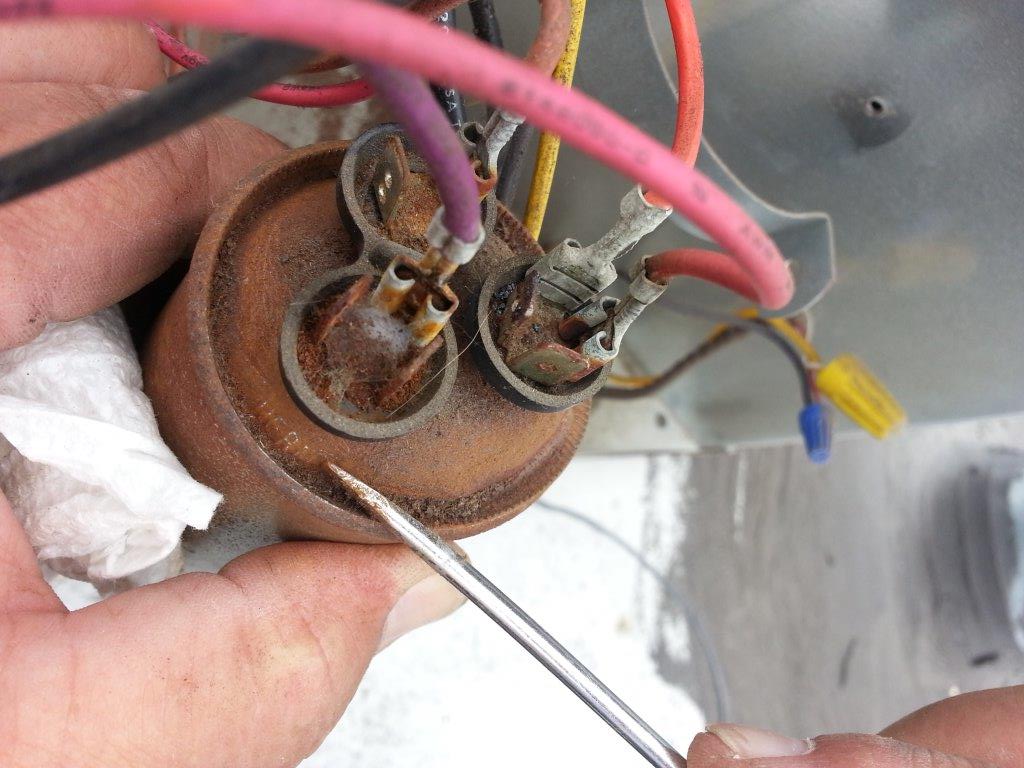
Practical Demonstration: Replacing a Motor Capacitor
- Disconnect Power: Safety first. Ensure the motor or appliance is unplugged or disconnected from its power source.
- Access the Capacitor: Open the motor housing or access panel to locate the capacitor.
- Discharge and Remove: Use a resistor or a screwdriver with an insulated handle to discharge the capacitor. Then, carefully disconnect its terminals and remove it from the bracket or mounting area.
- Install the New Capacitor: Secure the new capacitor in place, reconnect the terminals, and ensure everything is snug and correctly positioned.
- Test the Motor: After replacing the capacitor and reassembling any removed panels, reconnect the power and test the motor for proper operation.
Conclusion
Understanding the practical aspects of motor capacitors—from identifying failures to executing replacements—empowers you to maintain motor efficiency, protect equipment, and ensure reliability. Whether you’re in the field or managing your own home’s HVAC system, knowledge about capacitors is an invaluable part of your maintenance toolkit.

